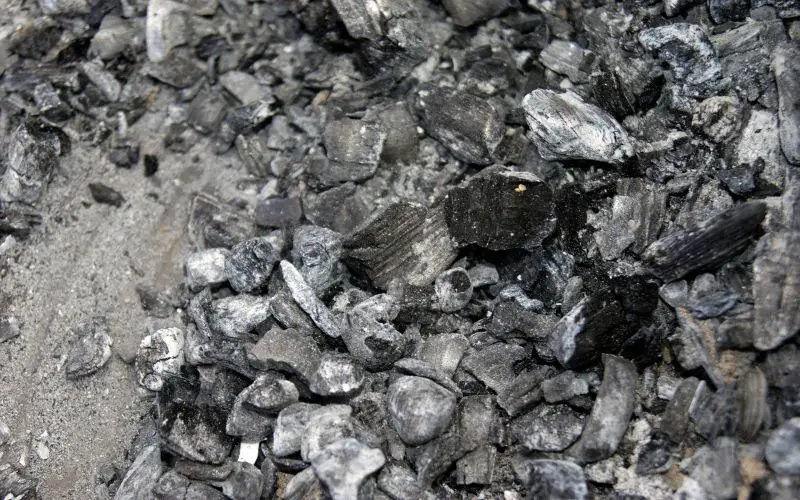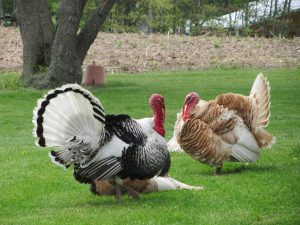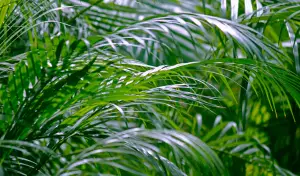Many people who enjoy grilling with charcoal also enjoy gardening.
So, it’s not surprising that some folks might wonder if the ash left over from their grill sessions could be put to good use in the garden.
After all, ash is a natural fertilizer, right?
Kingsford charcoal ash is a great natural fertilizer that can give your plants the nutrients they need to thrive. Charcoal ash is the by product of burned wood and produces ash that is high in potassium and other minerals that are beneficial to plant growth.
How to use kingsford charcoal ash for plants
Using Kingsford charcoal ash for your plants is easy.
Simply sprinkle the ash around the base of your plants, taking care not to get any on the leaves.
For best results, apply the ash every two weeks or after each time you water your plants.
How much charcoal ash can I use on the garden?
It depends on the state of your soil and how acidic the dirt is.
Generally 10 pounds of charcoal ash will be enough to cover 1,000 square feet of soil.
This will improve potassium levels and will reduce the acidic nature of a moderately acidic soil.

The benefits of using charcoal ash for plants
Ashes from charcoal contain a number of important nutrients that can help improve plant growth, including potassium, calcium, and phosphorus.
In addition, charcoal ashes contains carbon, which helps improve soil fertility by boosting microbial activity.
So if you’re looking for a natural way to fertilize your plants, using charcoal ash is a great option.
Charcoal ash can help improve drainage in heavy clay soils as the high carbon content of the ash helps to break up clay particles, making it easier for water and air to penetrate the soil.
This can be especially helpful during wet periods when heavy clay soils are prone to becoming waterlogged.
Other benefits include:
Improved nutrient uptake: The potassium in charcoal ash helps plants absorb other important nutrients, like nitrogen and phosphorus, more effectively. This leads to improved plant growth overall.
Larger flowers and fruits: The extra nutrients provided by charcoal ash can lead to larger flowers and fruits.
Increased resistance to pests and diseases: The minerals in charcoal ash can strengthen a plant’s cell walls, making them more resistant to pests and diseases.
Improved drought tolerance: Applying charcoal ash around the base of your plants helps them retain water better, making them more drought-tolerant.
Can Kingsford charcoal ash be composted?
Yes, Kingsford charcoal ash can be composted. In fact, it’s a great way to add some extra nutrients to your compost pile.
Simply mix the ash in with your other compost ingredients and let it break down over time.
The ash will help to aerate the compost pile which can be useful if the pile contains large amounts of grass clippings or other wet ingredients.
Just be sure not to add too much ash as it can make the compost too alkaline. A good rule of thumb is to add no more than one part ash to 10 parts other compost ingredients.
Is charcoal ash good for all plants?
Charcoal ash will raise the Ph of the soil, increasing the soil alkalinity and, for this reason, you shouldn’t add it to acid loving plants such as blueberries, rhododendrons, and azaleas.
In general, wood ash is best suited for plants that thrive in alkaline soils such as garlic, leeks, lettuces and fruit trees.
Final Words
Whether you’re looking to improve plant growth or deter pests and diseases, incorporating Kingsford charcoal ash into your gardening routine is a great way to achieve these goals.
And since ashes from charcoal also contain important nutrients like potassium and calcium, using them as fertilizer can help give your plants a boost.
So next time you’re grilling with Kingsford charcoal, save some of the ashes to use in your garden – your plants will thank you.
Read Next
Can paper towels be composted?










